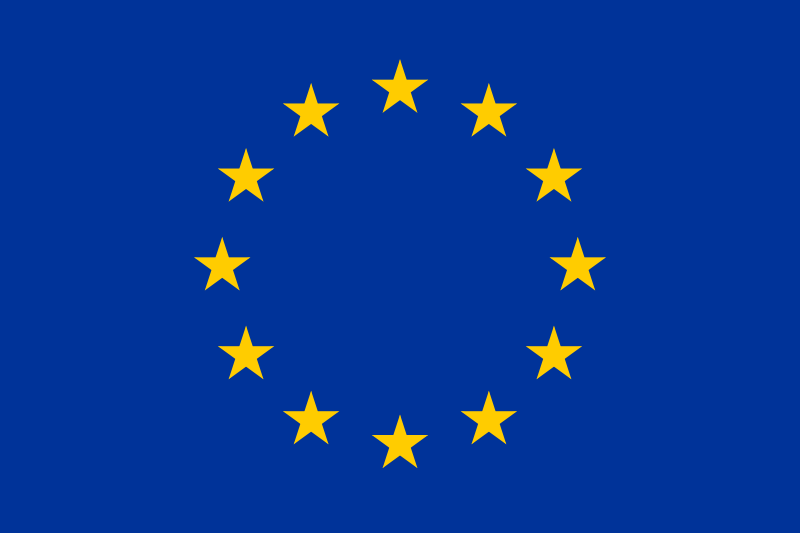By Ana Baric
EU Citizenship: On Sale Now
Опубликовано: 16 Ноябрь 2013
In the market for citizenship in the European Union (EU)? It’s now up for sale at a mere US$877,000.

According to Eurasia Review, the Maltese parliament passed a bill this week which offers citizenship to “ultra-high net worth individuals and families worldwide” who can pay the aforementioned sum. Spouses and children of successful candidates will be charged US$33,700 for citizenship.
Malta’s new Individual Investor Program (IIP) hopes to bring in over US$400 million a year to the country, attracting investors and high spenders to the small group of islands located between North Africa and Europe, reports the EUObserver.com. Henley & Partners, a citizenship and residence planning firm, says that a diligent vetting process will ensure “only highly respectable clients will be admitted” as new citizens of Malta—and therefore, by extension, of the EU.
Defining “Exceptional”
According to Jelena Džankić of the University of Edinburgh’s Europeanisation of Citizenship in the Successor States of the Former Yugoslavia (CITSEE) project, a number of countries have unique provisions for the naturalization of “exceptional” foreign nationals.
A country may waive customary citizenship criteria such as residency and knowledge of language and culture for these individuals, and may not require them to renounce their citizenship of origin. Though rarely used, these programs aim to “reward those individuals who have de facto made a significant contribution” to a country’s economy, sports, sciences, or culture, says Džankić.
“Investor citizenship” makes this expedited citizenship option more accessible, namely because it opens up the definition of an “exceptional” individual to include one who is able and willing to pay significant sums of money for citizenship.
Malta is not the first country in the world, or even in the EU, to sell citizenship.
Austria offers citizenship for US$10 million. St. Kitts and Nevis presents the “most attractive citizenship-by-investment program available today,” requiring a US$250,000 contribution to the country's Sugar Industry Diversification Foundation or a US$400,000 investment in real estate, reports CNN.The Caribbean island of Dominica extends citizenship pending a US$100,000 investment.
Crime, Corruption, and other Caveats
One concern voiced around Malta’s IIP is that it may offer not only an expedited path to citizenship, but also to corruption. The law has been met with sharp criticism from nationalist groups as well as those who fear it would encourage and lubricate organized crime, money laundering, and terrorist activities.
Roberta Metsola, a Member of the European Parliament representing Malta, said that since the draft law does not mandate disclosure of the identities of new citizens, it “creates a concept of hundreds of 'secret citizens' which will lead to a different level of citizenship in Malta and the European Union," reports the Malta Independent.
The Malta Employers’ Association has complained that the program lacks transparency and tarnishes Malta’s public image. The Employers’ Association said that any income from the IIP would be “drastically outweighed by the negative fallout in our reputable and sensitive financial services sector. ”
Historical Precedents
According to the EUObserver.com, the “citizenship by investment” program has attracted questionable investors in the past.
In 2007, Cyprus said it would provide citizenship to foreigners who had no criminal record, deposited more than $US22 million in a Cypriot bank, and lived and did business on the island. Five years later, Cyprus revoked the citizenship of one of the candidates who originally met these requirements: Rami Makhlouf, the cousin of Syrian President Bashar al-Assad. Makhlouf lost his citizenship after he was blacklisted by the EU for “bankrolling Assad's massacres,” reports the EUObserver.com.
In Austria, Freedom Party politician Uwe Scheuch allegedly promised to help a Russian investor gain citizenship. In return, the Russian investor was required to pay US$6.7 million to the Austrian state of Carinthia, and “donate” 5 to 10 percent of the funds to Scheuch’s party. According to Džankić, Scheuch was sentenced 18 months in prison for this deal.
Finally, in 2009 Montenegrin officials granted citizenship to the former Prime Minister of Thailand, Thaksin Shinawatra, for his planned multimillion-dollar investment in Montenegro’s tourism industry. Thaksin, meanwhile, had been convicted of corruption in his home country, reports Džankić.
Consequence for the EU and Beyond
According to CITSEE, one of the main complaints against investor citizenship is that it is loosely regulated. The state has wide discretionary power over whom it provides citizenship to, and often does not release the names of the newly naturalized, thus opening up possibilities for tax evasion and corruption and complicating any potential extradition processes.
This has notable ramifications for the EU. An accepted candidate in Malta’s IIP program is given the right to vote, move about and reside freely in, run for office, and seek diplomatic and consular support not only in Malta, but also in any EU member state.
According to European Commission spokesperson Michele Cercone, member states of the EU “have full sovereignty to decide to whom and how they grant their nationality," reports EUobserver.com. This signals that the European Commission, which is charged with ensuring that EU law is correctly applied, cannot and will not seek to modify or overrule Malta’s new mandate.
According to Malta's EU page, the islands were first named “Malat,” meaning “safe haven.” The question now is, for whom, for what, and at what price?
